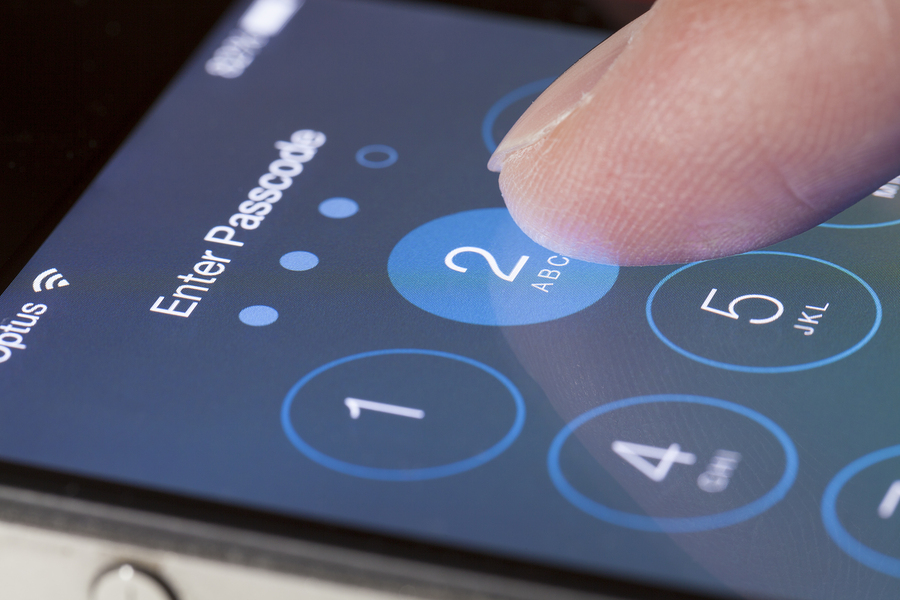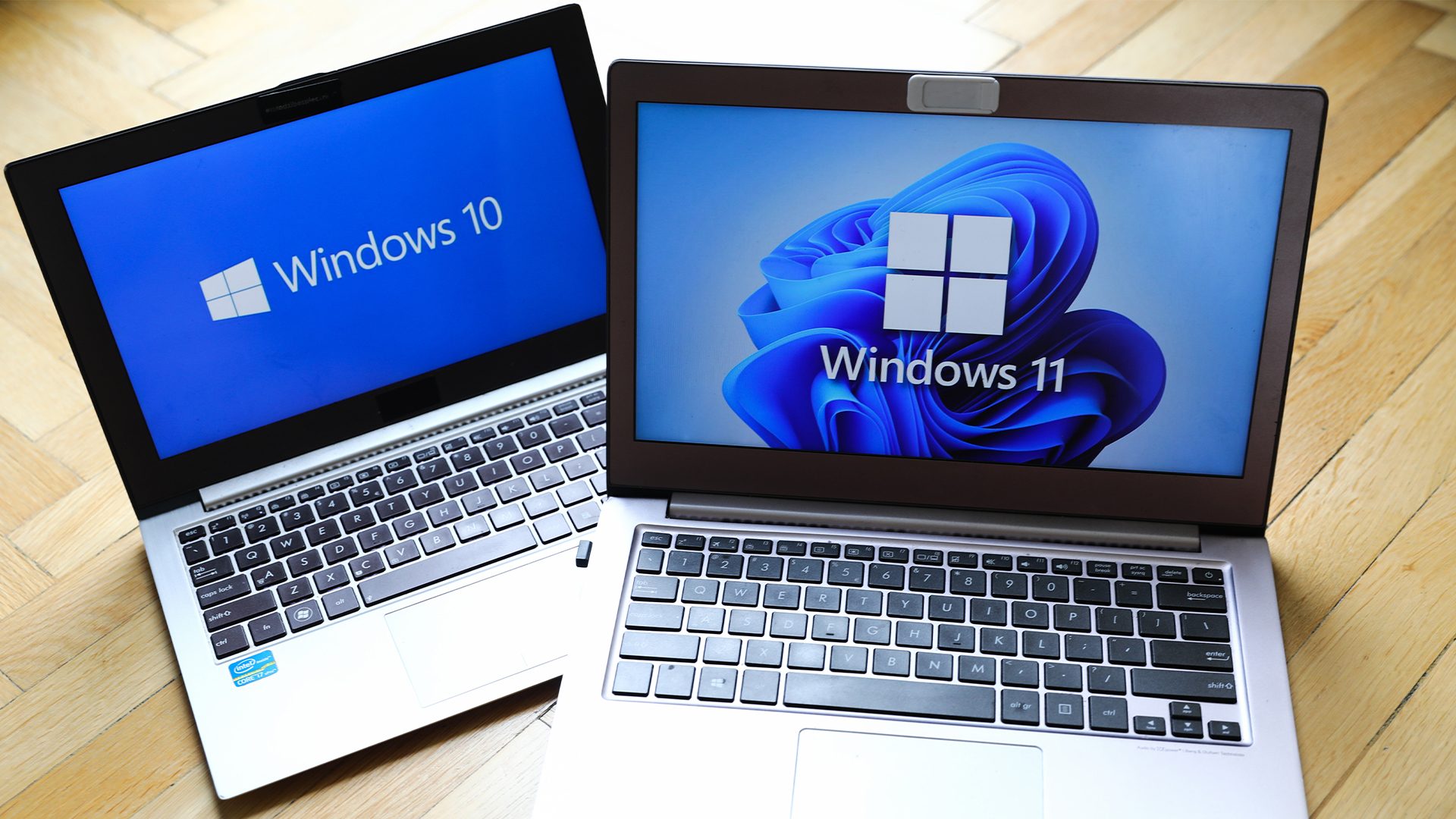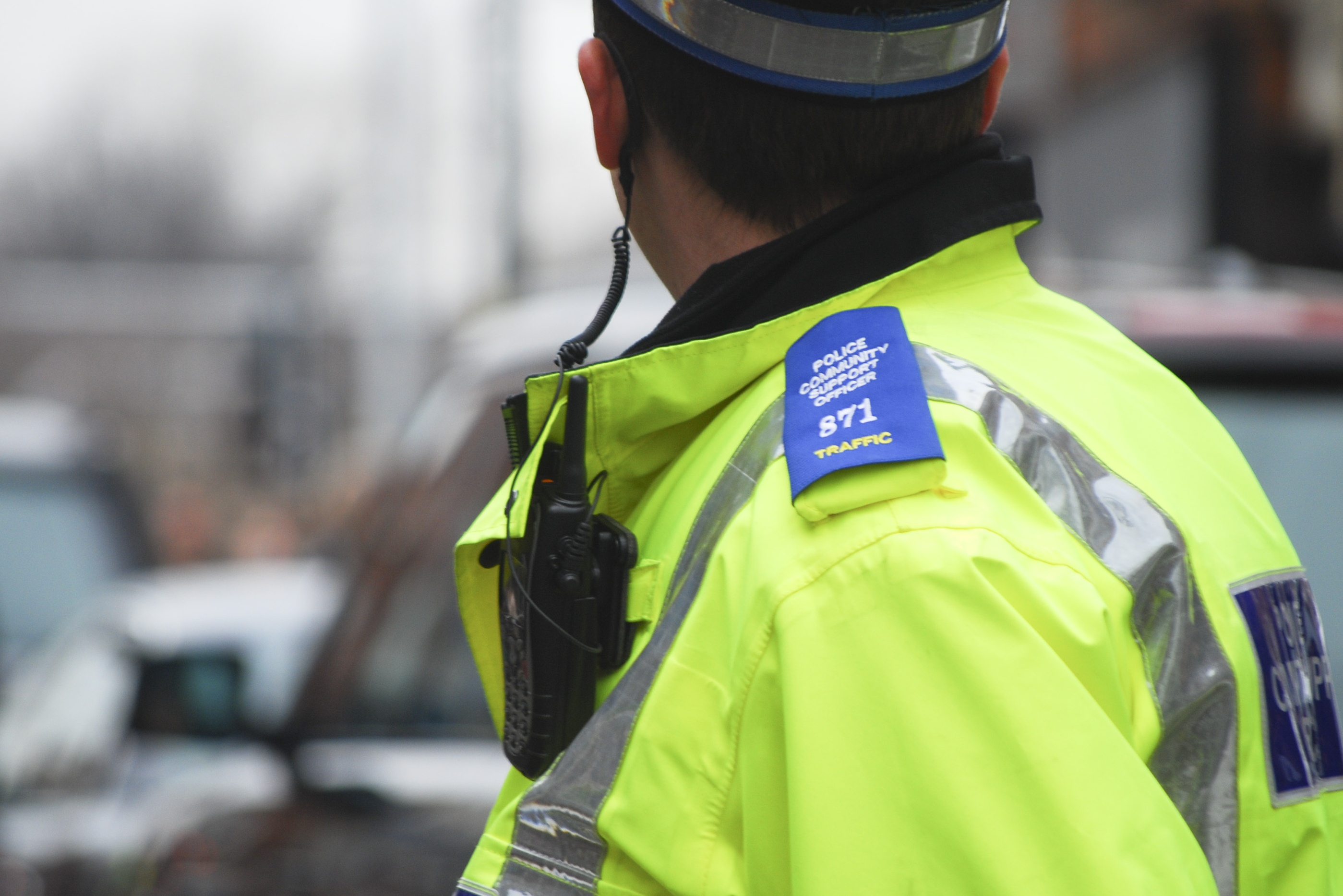NGO director guilty of denying police his device passwords
Muhammad Rabbani refused to divulge iPhone and MacBook passwords at Heathrow airport


The international director of Cage, an advocacy organisation that fights anti-terror laws, was yesterday found guilty of wilfully obstructing the police by failing to hand over his device passwords after being detained at Heathrow airport.
Muhammad Rabbani, 36, was stopped under Schedule 7 of the Terrorism Act 2000 after landing at Heathrow airport on 20 November 2016. He was returning from a wedding in Qatar, where he met a man who allegedly had been tortured in the US, according to The Guardian. It said Rabbani had downloaded evidence pertaining to the allegations and planned to bring it to the UK to give to British lawyers.
Upon landing in Britain, the police arrested Rabbani for refusing to disclose passwords to his iPhone 6s, a Macbook Air and a USB device, all of which police then confiscated.
In line with Cage's policy on client confidentiality, Rabbani refused to hand over his passwords to protect sensitive data. However, the judge at Westminster magistrates court ruled that this wasn't a legal defence, according to the BBC - only journalists and lawyers have some legal protections regarding privileged material.
Rabbani was found guilty of "wilful obstruction or sought to frustrate, an examination or search under Schedule 7 of the Terrorism Act 2000, contrary to paragraph 18(1)(c) of that Schedule". The judge gave him a 12-month conditional discharge and ordered him to pay 620 in costs.
But Rabbani said the judge expressed that the case was complicated, and she reportedly said that "the importance of passwords and privacy cannot be overstated in the 21st century".
"Today's judgement based on the judge's and prosecution's acceptance that I am of good character and worthy of belief, highlights the absurdity of the schedule 7 law," argued Rabbani, in a statement on Cage's website.
Get the ITPro daily newsletter
Sign up today and you will receive a free copy of our Future Focus 2025 report - the leading guidance on AI, cybersecurity and other IT challenges as per 700+ senior executives
"They accept that at no point was I under suspicion, and that ultimately this was a matter of having been profiled at a port. There are important implications for our collective privacy as s.7 acts as a digital strip search."
He used his conviction to argue that the Schedule 7 legislation must be challenged, saying: "If privacy and confidentiality are crimes, then the law stands condemned. Cage and I are glad we brought this case, and the result indicates that our only option is to change the law. Schedule 7 actively discriminates, and this will hopefully be the start of a number of legal challenges as more people take courage to come forward."
The director had reportedly been stopped more than 20 times on previous occasions. On two previous occasions he had been asked for passwords to his devices, and he responded that he would prefer not to disclose them, and the police did not pursue the matter.
The Guardian reported that Rabbani's lawyers plan to appeal to the high court, arguing that existing police powers don't do enough to protect privacy or legally privileged material.
Jim Killock, executive director of Open Rights Group, said: "These powers are blanket and do not require suspicion. They have been employed against journalists and others to compel them to provide information which could breach professional privilege and confidentiality.
"If Muhammad Rabbani is suspected of a crime, there are separate routes under RIPA which can be employed, which at least require a genuine reason to be specified before they are investigated."
In the US, the Trump administration considered adopting new measures back in April to force visitors to hand over their phones and passwords. Foreigners may have been expected to reveal mobile phone contacts, social media passwords and financial data to enter the country.
Zach Marzouk is a former ITPro, CloudPro, and ChannelPro staff writer, covering topics like security, privacy, worker rights, and startups, primarily in the Asia Pacific and the US regions. Zach joined ITPro in 2017 where he was introduced to the world of B2B technology as a junior staff writer, before he returned to Argentina in 2018, working in communications and as a copywriter. In 2021, he made his way back to ITPro as a staff writer during the pandemic, before joining the world of freelance in 2022.
-
 Two years on from its Series B round, Hack the Box is targeting further growth
Two years on from its Series B round, Hack the Box is targeting further growthNews Hack the Box has grown significantly in the last two years, and it shows no signs of slowing down
By Ross Kelly
-
 Dragging your feet on Windows 11 migration? Rising infostealer threats might change that
Dragging your feet on Windows 11 migration? Rising infostealer threats might change thatNews With the clock ticking down to the Windows 10 end of life deadline in October, organizations are dragging their feet on Windows 11 migration – and leaving their devices vulnerable as a result.
By Emma Woollacott
-
 UK police fails ethical tests with "unlawful" facial recognition deployments
UK police fails ethical tests with "unlawful" facial recognition deploymentsNews A University of Cambridge team audited UK police use of the tech and found frequent ethical and legal shortcomings
By Rory Bathgate
-
Hackers love the UK, but not for the reason you think
News Ex-Met cyber specialist explains why the UK is such a popular destination for cyber criminals
By Adam Shepherd
-
 UK cops to lose access to Europol's cyber crime resources after Brexit
UK cops to lose access to Europol's cyber crime resources after BrexitNews Cyber cops will be on their own once Britain leaves the EU
By Adam Shepherd
-
 Police pursue cloud first IT strategy
Police pursue cloud first IT strategyNews The National Police Technology Council's guidelines attempt to standardise IT deployment
By Clare Hopping
-
 20% of Manchester police rely on Windows XP
20% of Manchester police rely on Windows XPNews London's Metropolitan Police refused to disclose any up-to-date figures
By Zach Marzouk
-
 Should police have powers to sack officers lacking IT skills?
Should police have powers to sack officers lacking IT skills?News Reform produces a 10-point plan to address policing's digital skills gap
By Clare Hopping
-
 Uber faces criminal investigation over 'Greyball' tool
Uber faces criminal investigation over 'Greyball' toolNews DoJ investigates alleged use of software to help drivers evade regulators
By Dale Walker
-
 Police IT candidate gets arrested after job interview
Police IT candidate gets arrested after job interviewNews The IT manager applicant pleaded guilty to drink driving
By Dale Walker